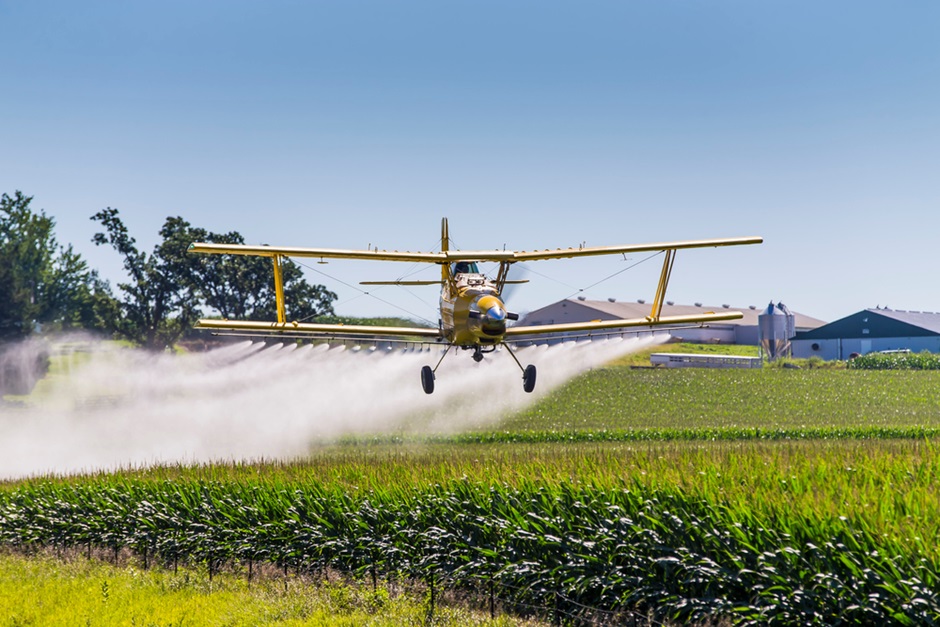Sustainable farming is the cornerstone of modern agriculture, combining environmental stewardship, economic viability, and social responsibility. As the global population continues to rise, the demand for food production intensifies, necessitating innovative approaches to maximize land productivity while preserving natural resources. This article explores key sustainable farming techniques that can significantly enhance agricultural land productivity.
Crop Rotation and Diversity
One of the most effective techniques in sustainable farming is crop rotation and diversity. By alternating different crops in the same field across seasons, farmers can improve soil health, reduce pest and disease outbreaks, and increase crop yields. Diverse crop rotations break the life cycles of pests and diseases, thereby reducing the need for chemical inputs. Additionally, legumes used in rotations can fix atmospheric nitrogen, enriching the soil and reducing the need for synthetic fertilizers.
Conservation Tillage
Conservation tillage is another vital practice in sustainable farming. This method minimizes soil disturbance by reducing the frequency and intensity of plowing. By leaving crop residues on the field, conservation tillage helps to protect the soil from erosion, enhance water retention, and promote the development of beneficial soil organisms. Over time, this practice leads to improved soil structure, increased organic matter, and ultimately, higher crop productivity.
Integrated Pest Management (IPM)
Integrated Pest Management (IPM) is a sustainable approach to controlling pests using a combination of biological, cultural, physical, and chemical methods. By prioritizing natural pest predators, resistant crop varieties, and crop rotation, IPM minimizes the reliance on chemical pesticides. This approach not only reduces the environmental impact of farming but also promotes long-term crop health and productivity by maintaining ecological balance.
Water Well Drilling Services: Ensuring Sustainable Water Supply
Water is a critical resource for agriculture, and its sustainable management is essential for boosting land productivity. One of the key strategies in ensuring a reliable water supply is through water well drilling services. By accessing groundwater, farmers can reduce their dependence on surface water sources, which are often vulnerable to seasonal fluctuations and climate change impacts.
Water well drilling services offer farmers the ability to tap into deep aquifers, providing a consistent and sustainable water source for irrigation. When properly managed, groundwater can be a renewable resource that supports continuous agricultural production. Additionally, modern well drilling techniques include advanced technologies for monitoring water levels and quality, ensuring that groundwater is used efficiently and responsibly.
Sustainable water management through well drilling also involves adopting practices such as drip irrigation and rainwater harvesting. These methods reduce water wastage and improve water-use efficiency, allowing farmers to maximize crop yields with minimal environmental impact.
Aerial Application: Precision Agriculture for Enhanced Productivity
Precision agriculture is revolutionizing farming practices by integrating technology to optimize inputs and maximize yields. Aerial application, which involves the use of aircraft to apply fertilizers, pesticides, and other agricultural products, is a key component of precision agriculture. This technique offers several benefits that contribute to sustainable farming and improved land productivity.
Aerial application allows for the precise and uniform distribution of inputs over large areas, reducing the risk of over-application and minimizing the environmental impact. This method is particularly advantageous in areas with challenging terrain or where access by ground equipment is limited. By ensuring that inputs are applied only where needed and in the correct amounts, aerial application enhances crop health and reduces resource wastage.
Moreover, aerial application can be integrated with other precision agriculture technologies, such as GPS mapping and remote sensing, to further improve accuracy and efficiency. This synergy allows farmers to make data-driven decisions, optimizing input use and enhancing overall farm productivity while maintaining environmental sustainability.
Organic Farming Practices
Organic farming is a holistic approach that emphasizes the use of natural inputs and processes to enhance soil health, biodiversity, and ecological balance. By avoiding synthetic chemicals and genetically modified organisms (GMOs), organic farming promotes long-term sustainability and resilience in agricultural systems.
Key organic practices include the use of compost and green manure to enrich the soil, cover cropping to prevent erosion and improve soil fertility, and the incorporation of beneficial insects to control pests. These practices contribute to the overall health of the farming ecosystem, leading to higher yields and improved land productivity over time.
Conclusion
Sustainable farming is essential for meeting the growing demand for food while preserving the environment and natural resources. By adopting techniques such as crop rotation, conservation tillage, integrated pest management, and precision agriculture, farmers can significantly boost agricultural land productivity. The integration of water well drilling services and aerial application further enhances the efficiency and sustainability of farming operations. Through these innovative practices, agriculture can continue to thrive, ensuring food security for future generations while protecting the planet.

